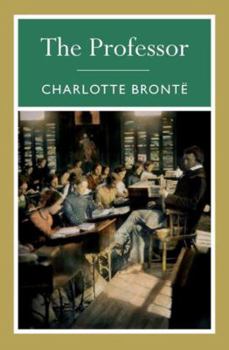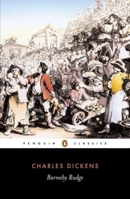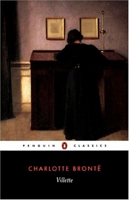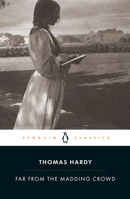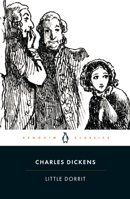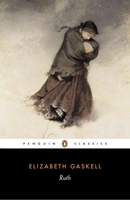The Professor
Select Format
Select Condition 
You Might Also Enjoy
Book Overview
Related Subjects
13 - 17 Years 9 - 12 Years Classics Contemporary Fiction Humanities Literature Literature & FictionCustomer Reviews
Rated 5 starsSatisfaction with Book Purchase
I was most pleased with the prompt delivery of this wonderful novel by Charlotte Bronte. The condition of the book was perfectly described by the seller as "new." I would recommend "The Professor" to anyone who is a follower of Charlotte Bronte's wonderful books. Have both an English and French dictionary at your side when reading it, but this does not distract from the great story.
1Report
Rated 5 starsI have to give this 5 stars... no one writes books like this anymore!
With all it's flaws, I have to give this book 5 stars. It has no climax and no real ending. What it does have is Charlotte Bronte's view that fits into today's society. Ahead of her time, women should work and be equal to men... is a huge message for 1857. That men should want intelligent wives and not pretty dumb ones shouts from this book. It has very feminist views, ahead of their time. She also is a bit shocking in her...
0Report
Rated 4 starsThe Professor's Lessons in Life
"The Professor", by Charlotte Bronte, was the author's first novel but it was not published until after her death (and perhaps she refashioned it to some degree later in her novel "Villette"). It is the tale of William Crimsworth, a man without parents and forsaken by his brother, who is forced to make his own way in the world. He decides to try his hand at teaching and travels to Brussels to teach English at an all-boys'...
1Report
Rated 5 starsAnother Great Love Story
Though not as well developed as some of the other Bronte stories and perhaps too predictable, The Professor is still a great love story. William Crimsworth must find his own way in the world, first in England and then in Europe. While working in the field of education he finds a love interest but looses to another. He finds another love interest, but looses to circumstance. Finally, however, he overcomes circumstance.
0Report
Rated 5 starsInteresting perspective of victorian men.
Charlotte Bronte is one of the few female authors of the victroian era who chose to appropriate the male voice in a first person narrative. From this perspective, this is a very interesting novel for it presents a women's view of the male psyche, or rather the male pshyche women wish men possessed. William Crimsworth, the novel's hero, is portrayed as young man who is sympathetic toward women and their gender related struggles...
1Report
Billy Budd, Sailor Mentions in Our Blog

It's interesting to look back at pop culture that withstands the test of time. It's time for our annual roundup of some of the enduring titles hitting the one hundred mark this year. Here are ten memorable books published in 1924.











